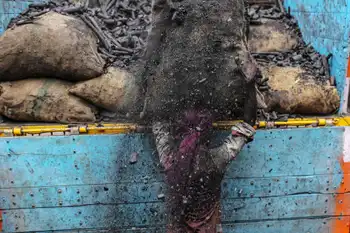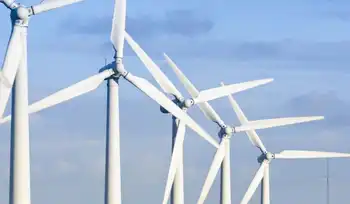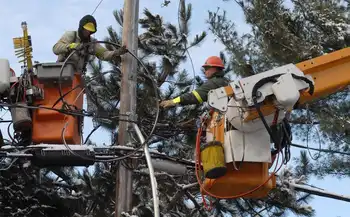WCI eyes carbon cap and trade system for 2012
By Reuters
NFPA 70e Training
Our customized live online or in‑person group training can be delivered to your staff at your location.

- Live Online
- 6 hours Instructor-led
- Group Training Available
The Western Climate Initiative's system will be phased in starting with industrial process emissions, with emissions from transportation and other fuels added to the system in 2015. It also will include emissions from electricity imported from sources outside of the group.
The WCI launched in 2007 has set a target of cutting greenhouse gas emissions to 15 percent below 2005 levels by 2020.
Cap and trade systems set limits on the emissions of gases such as carbon dioxide and methane linked to global warming, but allow major polluters to comply by purchasing offsetting credits from sellers who have not used their total emission allowances.
But the document released in advance of the WCI's scheduled meeting July 29 in San Diego, indicated the group's members were still wrangling over important details on issues such as how emission allowances will be apportioned between its members.
"My initial assessment is that it's a bit underwhelming," said Matt Horn of the Pembina Institute, a Canadian environmental group.
The group was established by U.S. governors, spearheaded by California's Arnold Schwarzenegger, who were tired of what they saw as the Bush administrations inaction on climate change and global warming.
It includes the U.S. states of California, Arizona, Montana, New Mexico, Oregon, Utah and Washington and the Canadian provinces of British Columbia, Quebec, Ontario and Manitoba.
The provinces, whose leaders also have been critical of the Canadian federal government on the issue, include two-thirds of the country's population and are responsible for 73 percent of Canada's GDP.
Several other U.S. and Mexican states have observer status in the WCI.
The draft released on Wednesday said the group's members will also use other fiscal measures to reduce carbon emissions, such as British Columbia's carbon tax that began this month and is the first of its kind in North America.
The plan calls for the WCI's members to begin mandatory monitoring by 2010 with all facilities with annual carbon emissions of 10,000 tons or more required to report.











